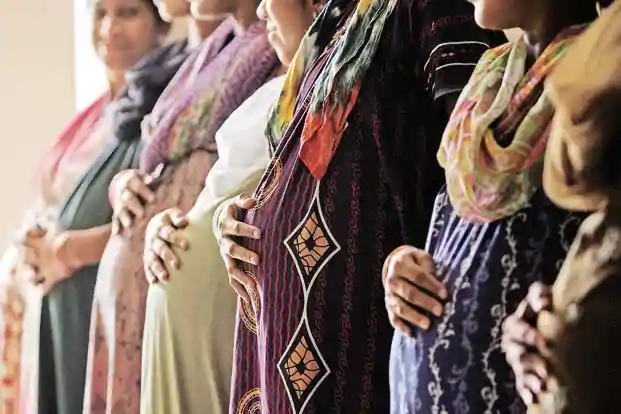Amendment provides new regulations for vulnerable women in medical termination of pregnancy bill
Total Views |
New Delhi, Mar 17: The Upper house of the Parliament, Rajya Sabha has approved the Medical Termination of Pregnancy ( Amendment ) Bill, 2021 in order to amend the Medical Termination of Pregnancy Act, 1971 on Mar 16. Initially, the Bill was also approved in Lok Sabha exactly a year ago, on Mar 17 2020.

According to the amendment, the upper gestation limit will be enhanced from 20 to 24 weeks for special categories of women which will be defined in the amendments to the Medical Termination of Pregnancy (MTP) Rules and would include survivors of rape, victims of incest and other vulnerable women like the differently-abled women and minors. Besides, opinion of only one provider will be required up to 20 weeks of gestation, but for termination of pregnancy of 20-24 weeks of gestation, opinion of two providers will be required.
However, the amendment also provides that the upper gestation limit should not be applied in cases of substantial foetal abnormalities diagnosed by the Medical Board. The composition, functions and other details of the Medical Board are to be prescribed subsequently in rules under the Act.
The amendment also provides that the name and other particulars of the woman whose pregnancy has been terminated shall not be revealed except to a person authorized in any law for the time being in force. The ground of failure of contraceptive has been extended to women and her partner.
The Medical Termination of Pregnancy (Amendment) Bill, 2021 is for expanding access of women to safe and legal abortion services on therapeutic, eugenic, humanitarian or social grounds. The amendments include substitution of certain sub-sections, insertion of certain new clauses under some sections in the existing Medical Termination of Pregnancy Act, 1971, with a view to increase upper gestation limit for termination of pregnancy under certain conditions and to strengthen access to comprehensive abortion care, under strict conditions, without compromising
service and quality of safe abortion.
It is a step towards safety and well-being of the women, by which many women will be benefited. Recently several petitions were received by the Courts seeking permission for aborting pregnancies at a gestational age beyond the present permissible limit on grounds of foetal abnormalities or pregnancies due to sexual violence faced by women. The amendments will increase the ambit and access of women to safe abortion services and will ensure dignity, autonomy, confidentiality and justice for women who need to terminate pregnancy.